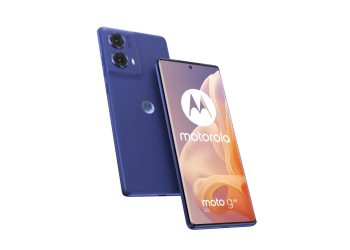Until now, most Samsung mobile phones have relied on third-party chips rather than the company’s, but that could change soon as the South Korean tech giant plans to reduce its dependence on US-based Qualcomm.
Samsung Electronics, the largest manufacturer in the world of smartphones, is one of the few companies that manufactures its own chipsets. In contrast to Apple, Samsung uses chips from Qualcomm and MediaTek in addition to their own SoC Exynos chips.
So far, most of the mobile phones Samsung has relied on third-party chips instead of the company, but that could soon change, as the South Korean technology giant plans to reduce its dependence on Qualcomm, based in the United States.
Exynos chips
Only about 20% of Samsung ‘s total smartphone lineup is powered by its own Exynos series chips at this time.
Qualcomm is leading the market in mid-range and premium smartphones, but the chips MediaTek are now found in many new entry-level phones.

According to an Electronic Times report seen by ITHome, starting in 2022, the number of Samsung Galaxy smartphones powered by its own Exynos chips will increase two to three times, and System LSI Division’s production capacity for the Exynos chip line will increase more than double.
The global shortage of chips is one of the reasons given for this move. Due to the shortage of Qualcomm Snapdragon 888 chips, the company has had to postpone the launch of the Samsung Galaxy S21 FE smartphone several times, and it is now slated for release in January of next year. This caused a major setback in the South Korean company’s sales and launch plans.
It is expected that the SoC Exynos 2200 from Samsung is coming soon, and GPU benchmark results for the next chip were released online. It shows that AMD’s 6-core GPU on the Exynos 2200 has a maximum performance improvement of +31 to 34 percent over the Exynos 2100, which is quite important considering that the intergenerational performance gains are generally between 20 and 25 percent. cent.
According to reports, the Samsung Exynos 2200 will use the new ARMv9 architecture, which was released earlier this year. This places a strong emphasis on AI, machine learning, and security, all of which will benefit the chipset. However, it remains to be seen how far the Exynos 2200 will present themselves against true competitors against the Apple A15 and Snapdragon 8 Gen1 (also known as Snapdragon 898 ).








